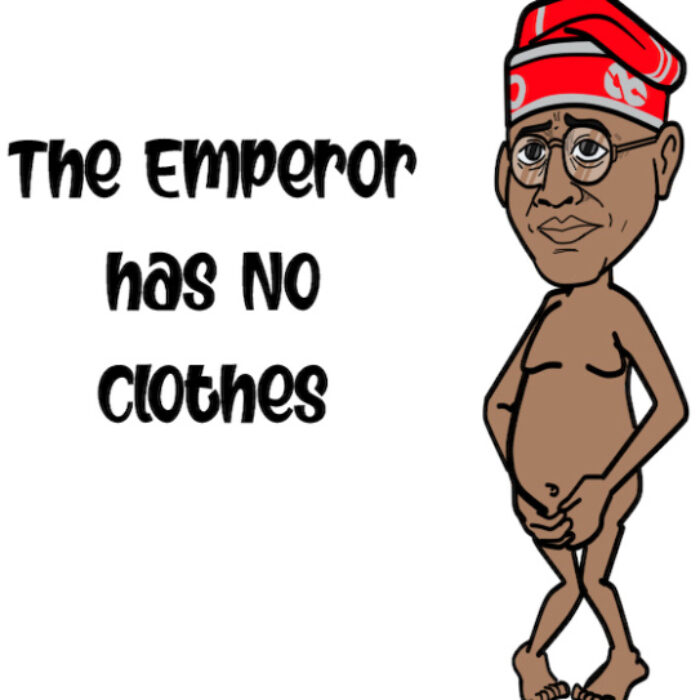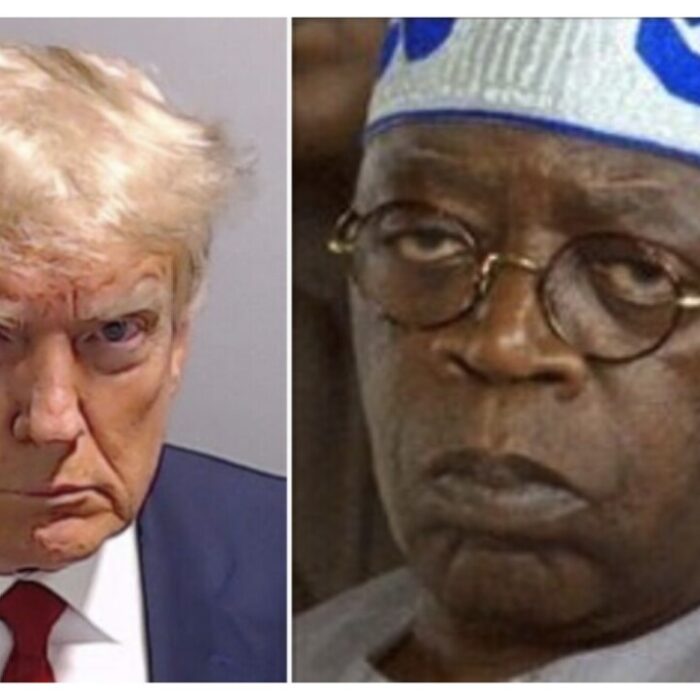By the Editorial Board
President Bola Tinubu’s declaration of a state of emergency in Rivers State, accompanied by the suspension of Governor Siminalayi Fubara, his deputy, and all state legislators, is an unprecedented abuse of executive power that violates the 1999 Constitution and undermines Nigeria’s democracy and federalism.
This brazen act represents not only an overreach of presidential authority but also a dangerous erosion of the rule of law, setting a precedent that, if unchecked, could permanently destabilize Nigeria’s democratic framework.
Constitutional Overreach and the Dismantling of a State Government
While Section 305 of the Nigerian Constitution permits the President to declare a state of emergency under specific conditions, it does not grant the authority to suspend or remove duly elected state officials.
The Constitution provides clear mechanisms for addressing the alleged failure of state governance—through the state legislature and the judiciary, not through unilateral executive action. There is a vast and fundamental distinction between declaring a state of emergency and forcefully removing democratically elected officials from office.
The federal government’s role in a state of emergency is limited strictly to restoring public safety—not dismantling the entire state government. President Tinubu’s decision to suspend the legitimate Rivers State government for six months, with the option to extend it for another six months, is nothing short of an unconstitutional seizure of power.
Installing a handpicked, unelected loyalist to govern the state during this period transforms what should be a temporary security measure into a full-blown political coup. This blatant overreach must not stand. The President’s actions set a dangerous precedent where any governor or legislature can be unilaterally removed under the guise of “emergency rule,” effectively nullifying the democratic mandate of the people. If this is allowed to continue, no elected official is safe from arbitrary removal by the executive.
Tinubu’s Failure to Resolve the Crisis Before It Escalated
This crisis did not emerge out of nowhere. It has its roots in a bitter interpersonal conflict between Governor Siminalayi Fubara and President Tinubu’s loyalist, former Governor Nyesom Wike. Tinubu had leverage to resolve this issue long ago through political mediation, yet he allowed it to fester unchecked, transforming what was initially a political dispute into a full-blown constitutional crisis.
Instead of intervening early to de-escalate tensions, Tinubu ignored the growing instability, which has now led to an unprecedented abuse of federal power. By failing to manage his own allies and allowing personal political battles to spill over into governance, Tinubu has demonstrated a troubling lack of leadership. Rather than acting as a statesman and peacemaker, he has now resorted to unconstitutional means, further undermining the democratic process.
Supreme Court, Not the President, Interprets the Constitution
The interpretation of the Constitution lies solely with the Supreme Court, not with President Tinubu or the executive branch. By assuming the dual role of President and Chief Justice, Tinubu has not only overstepped his constitutional boundaries but has also violated the separation of powers doctrine enshrined in the 1999 Constitution. His actions amount to an authoritarian power grab, undermining the very institutions designed to check executive overreach.
Erosion of Federalism and the Return of Dictatorship Tactics
Nigeria’s federal structure is meant to distribute power between the national and state governments, ensuring a balance that prevents excessive centralization. The suspension of an entire state government disrupts this balance, setting the stage for authoritarian control over states that do not align politically with the ruling party.
This is not the first time such a move has been attempted. When President Goodluck Jonathan declared a state of emergency in three states (Adamawa, Borno, and Yobe) in 2013, he did not remove the governors.
At the time, the All Progressives Congress (APC), now Tinubu’s party, strongly condemned the move as unconstitutional. Yet, now that the roles are reversed, the same party conveniently finds Tinubu’s even more extreme measures justifiable.
Threat to Democracy: When Will This Stop?
If this unconstitutional suspension of Rivers State’s government is allowed to stand, there is nothing stopping President Tinubu or any future leader from dissolving any state government under dubious emergency pretenses.
Today, it is Rivers State—tomorrow, it could be any other opposition stronghold. This move effectively turns Nigeria’s democracy into a dictatorship, where the President can single-handedly determine who governs a state without an election.
What Must Be Done?
1. Immediate Reversal of the Suspension – President Tinubu must reinstate Governor Fubara, his deputy, and the state legislators immediately. Any allegations of governance failure should be addressed through constitutional processes.
2. Judicial Review and Supreme Court Intervention – The judiciary must immediately rule on the constitutionality of the President’s actions to reaffirm that the President cannot remove elected officials at will.
3. National Assembly Must Act – The National Assembly must fulfill its duty as a check on executive power by investigating and nullifying this illegal takeover.
4. Civil Society and Public Outcry – Nigerian citizens, civil society organizations, and the international community must condemn this dangerous overreach and mobilize against the erosion of democratic institutions.
A Test of Nigeria’s Democracy
President Tinubu’s suspension of Rivers State’s government is not just an attack on one state—it is an attack on Nigeria’s democracy itself. If this unconstitutional power grab is not overturned, it will pave the way for future presidents to rule Nigeria like an empire, where governors are appointed, not elected. This must not be allowed to stand. Nigeria’s democracy is at a crossroads, and the time to resist executive overreach is now.




